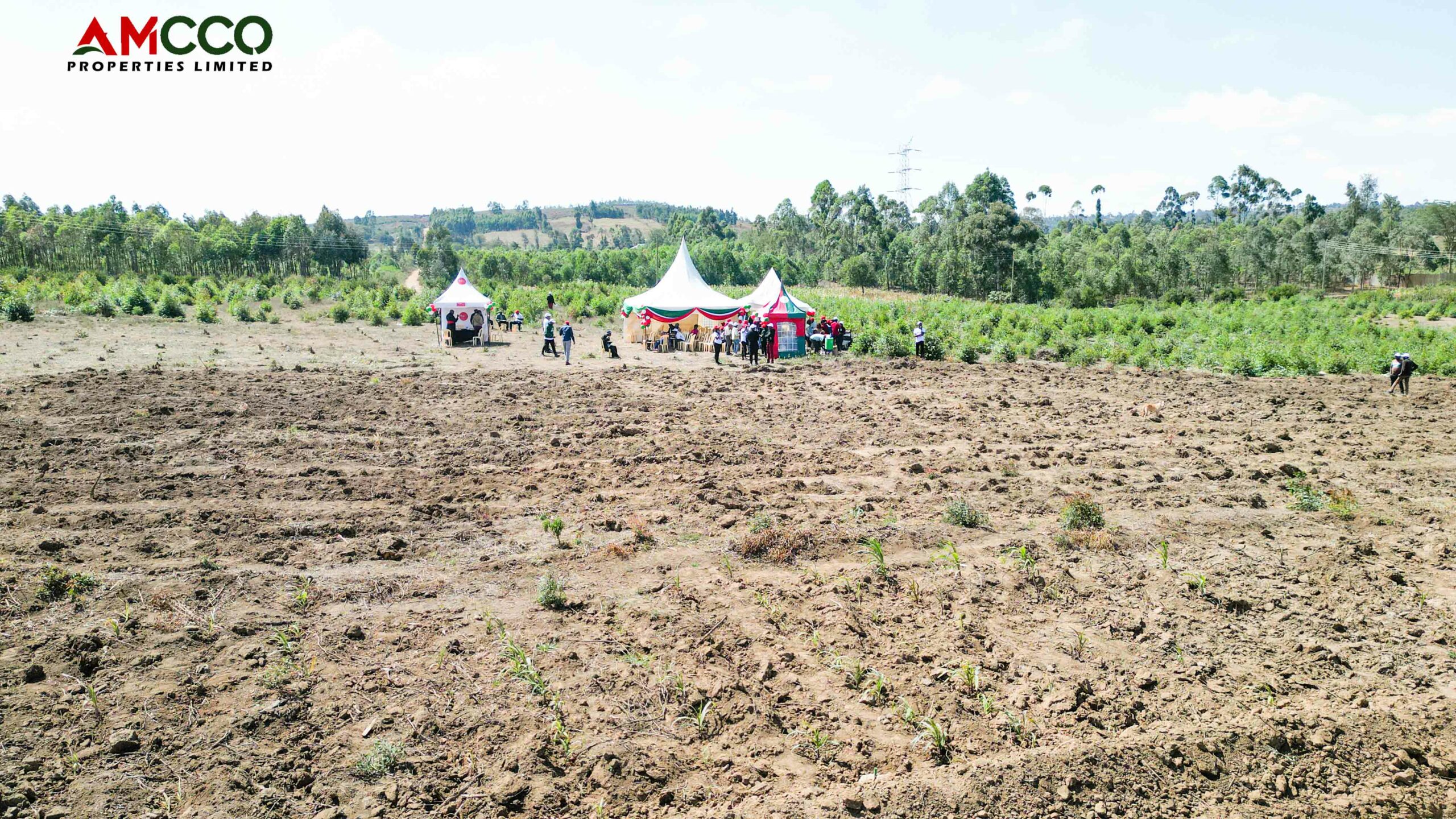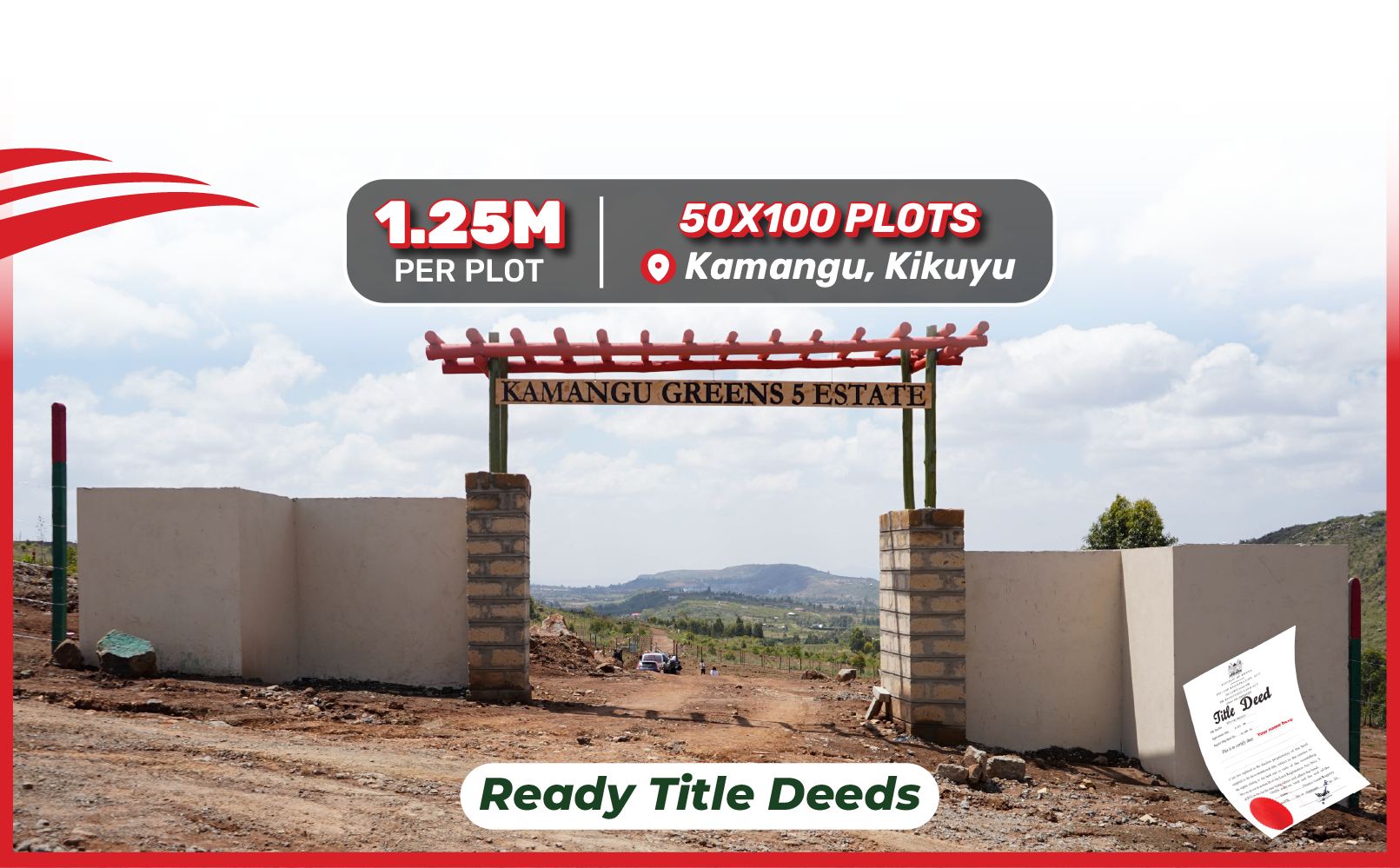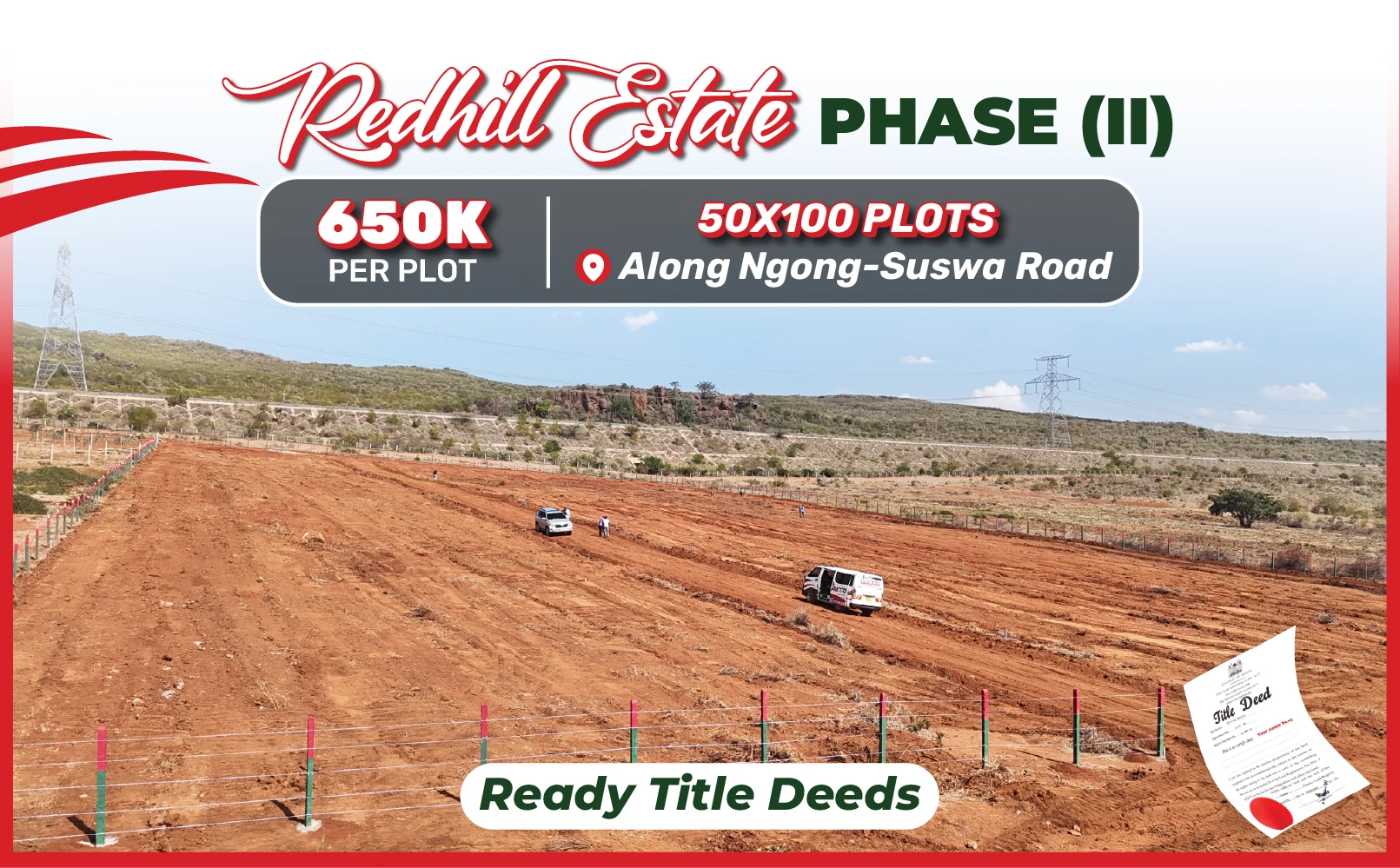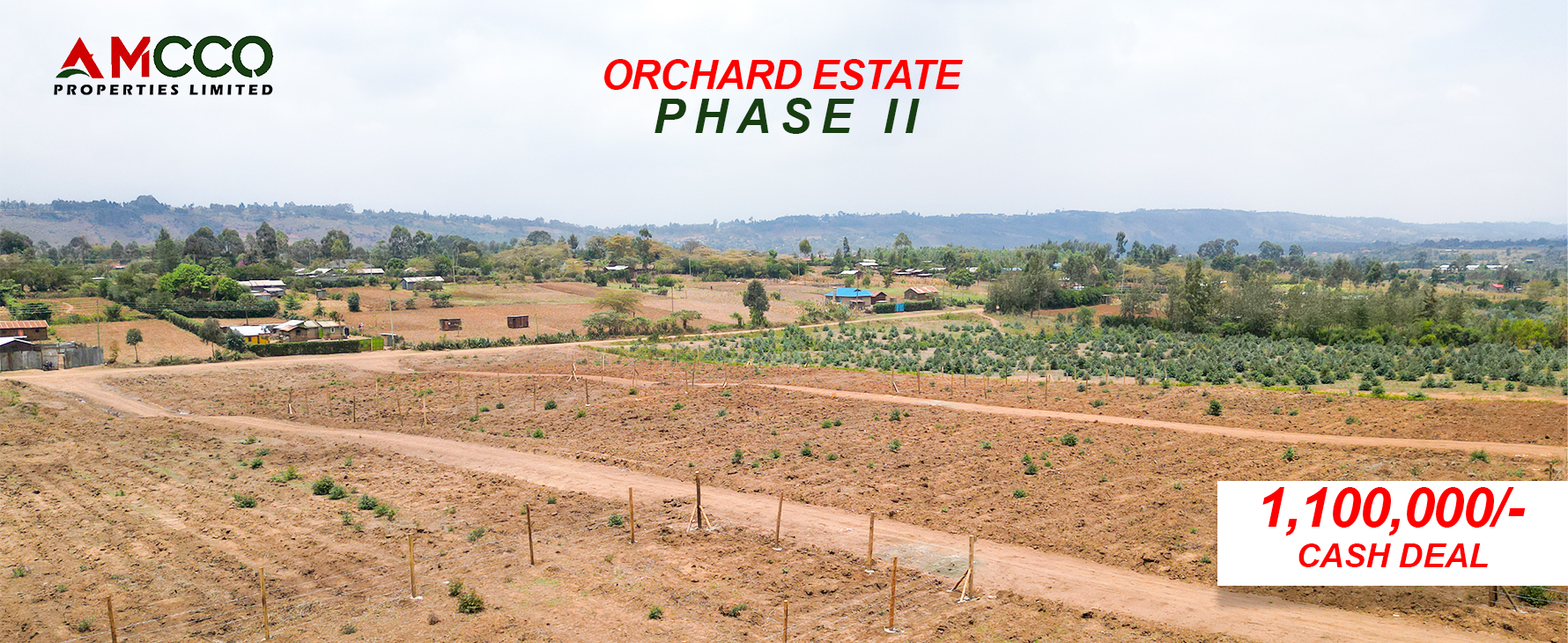7 Tips To Consider Before Buying Land Remotely
Buying remote land is the ultimate dream for many people, but the process can feel daunting when you’re only in the idea stage.There are quite a number of things that you should look into before buying rural land.
Determine Your Land Use priorities
Consider having a priority list that will guide you on what you are supposed to do with the land. Have a clear idea of what your goals are. Your energy is better spent by making a priority list first.
Decide How Remote You Want To be
Remote can actually mean different things to land buyers, so it’s essential to determine how far from the rest of civilization you want to be.
Deciding how far from urbanization you want to live is something that you should actually put into consideration because, be it that you may have a medical condition, you should always think twice about it.
How far are you from the shopping center?
And how’s the network working wherever you’ve chosen to be?
Remember, you’ll lose a lot of the appeal of rural living if you need to spend hours each day commuting to work, so weigh your location carefully against your goals for the other parts of your life.
Learn the History and background of any Land covenants
When buying land remotely, often all is not as it seems at first sight. Many lands are tied up in covenants that are rules made to safeguard the land from being customized in different ways, so one can’t make changes.
Land covenants are rules that apply to land and affect how one uses the land; they can either make you do something or prevent you from doing it.
This very act can cause unexpected issues for off-grid enthusiasts, as they may impose minimal building sizes and prevent the land from being used for agriculture or livestock.
To avoid ending up in such a scenario, purchase land zoned for agriculture even if you don’t have plans to grow or raise anything. This for sure guarantees you the flexibility to add livestock to your property in the future or anything else you may want to put up.
Look into the History of Title insurance
Title insurance is an insurance policy that protects you and your lender from financial loss due to defects in the title of a property, such as liens and fraud.
This is because quite a number of people have sold property that doesn’t necessarily belong to them.
The more remote you’re looking, the more likely someone can get away with fudging property lines or even outright pretending they own what they don’t legally own.
Always search for the titles of any property you’re interested in before putting money down so that you know you’re getting what you paid for.
You can also consider getting a surveyor who will help you look into the details of the title insurance.
Take Your Time When Inspecting the property
Once you’ve identified your remote piece of land that interests you, take the time to go through the place and area, especially during daylight, and don’t forget to visit the area when it’s a rainy season or day so that you get to see if the area is accessible and how the soil is able to retain water.
You’ll definitely notice a lot of details that you would’ve missed out on in the process of buying.
Pay in Cash if You can
I am not saying paying with checks isn’t an option. No, I am just saying that it would be easier to pay in cash because at times banks are less eager to issue loans for remote land more especially if there isn’t a house on that land, this just gives you flexibility If you are banking on getting a loan from the bank.
Look at Aerial maps
Walking to a nice piece of property is one thing; looking at it from a bird’s eye view is another.
Have you looked at our properties or lands that we are selling from an aerial view? Kindly go look at the pictures that are all over all our social media platforms handles, and then you can see what I am trying to explain to you.
Looking from an aerial view is good because it gives you a better idea of how the property looks and its surroundings, which can help you easily identify potential deal breakers if there are any before you close the deal. Just don’t ignore this important aspect.





